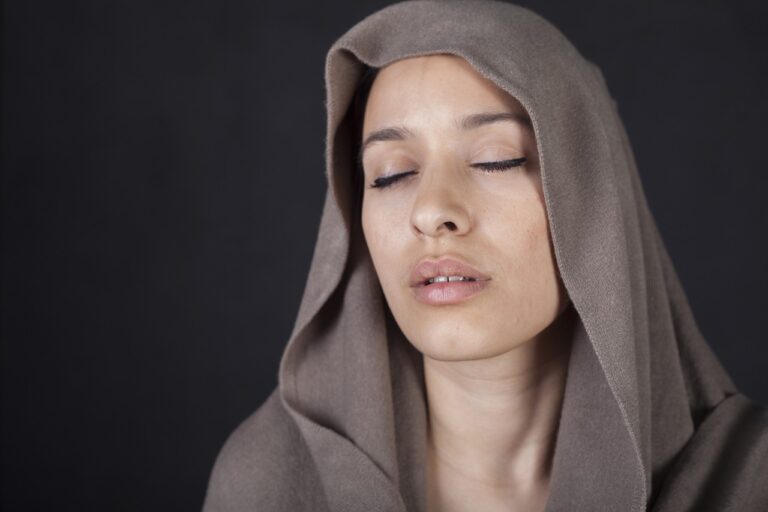Fashion and Historical Psychology: Exploring Style Through Psychological Evolution: 11xplay reddy login, Laser247, Skyinplay exchange
11xplay reddy login, laser247, skyinplay exchange: Fashion and Historical Psychology: Exploring Style Through Psychological Evolution
Fashion has always been a reflection of society’s values, beliefs, and norms. It not only serves as a form of self-expression but also plays a significant role in how individuals perceive themselves and others. But have you ever considered the psychological implications of fashion throughout history?
As humans have evolved over time, so has our sense of style. From the elaborate garments of the Renaissance to the minimalist designs of the modern era, fashion has adapted to reflect changing societal attitudes and psychological needs. Let’s delve deeper into the connection between fashion and historical psychology.
Evolutionary Psychology: The Influence of Biology on Fashion
Evolutionary psychology suggests that certain aspects of fashion, such as color preferences and body adornment, can be traced back to our ancestors’ survival instincts. For example, the preference for bright colors in clothing may stem from our need to attract mates or signal social status. Similarly, the use of jewelry and accessories may have evolutionary roots in our desire to display resources and wealth.
Psychological Theories: From Freud to Maslow
Throughout history, psychological theories have also influenced fashion trends. Sigmund Freud’s ideas about the unconscious mind and sexuality, for instance, inspired designers to create provocative and risque designs. In contrast, Abraham Maslow’s hierarchy of needs introduced the concept of self-actualization, leading to a focus on self-expression and individuality in clothing.
Cultural Psychology: Fashion as a Cultural Symbol
Fashion is deeply intertwined with culture, acting as a powerful symbol of identity and belonging. Different cultures have unique styles and traditions that reflect their values and beliefs. For example, traditional Japanese kimono embodies elegance and simplicity, while Indian sarees represent tradition and heritage.
Social Psychology: Fashion as a Form of Social Interaction
Fashion plays a crucial role in social interactions, acting as a nonverbal communication tool. The clothes we wear can convey information about our personality, social status, and even mood. By understanding the psychological implications of fashion, we can use clothing to create a desired impression and connect with others.
Emotional Psychology: The Impact of Fashion on Mood
Research suggests that clothing choice can have a significant impact on mood and self-esteem. Wearing clothes that make us feel confident and comfortable can boost our mood and overall well-being. By choosing outfits that reflect our personality and style, we can enhance our emotional state and self-perception.
Environmental Psychology: Sustainable Fashion and Psychological Well-being
As awareness of environmental issues grows, sustainable fashion has become a significant trend in the industry. Studies have shown that ethical and eco-friendly clothing choices can improve psychological well-being by aligning with our values and promoting a sense of social responsibility. By supporting sustainable fashion brands, we can contribute to a healthier planet and a more sustainable future.
FAQs
1. How does fashion influence psychological well-being?
Fashion can have a significant impact on psychological well-being by influencing mood, self-esteem, and self-expression. Choosing clothes that make us feel confident and comfortable can boost our mood and overall sense of well-being.
2. How does cultural psychology influence fashion trends?
Cultural psychology plays a crucial role in shaping fashion trends by reflecting the values, beliefs, and traditions of different societies. Cultural symbols and styles are often incorporated into clothing designs to express identity and heritage.
3. What role does social psychology play in fashion?
Social psychology examines how fashion serves as a form of social interaction and communication. The clothes we wear can convey information about our personality, social status, and mood, influencing how we are perceived by others.
4. How can sustainable fashion improve psychological well-being?
Sustainable fashion promotes ethical and eco-friendly clothing choices, which can enhance psychological well-being by aligning with our values and promoting a sense of social responsibility. Supporting sustainable fashion brands can contribute to a healthier planet and a more sustainable future.
In conclusion, the evolution of fashion is intricately linked to psychological principles and human behavior. By exploring the psychological implications of fashion throughout history, we can gain a deeper understanding of how clothing shapes our identity, influences our emotions, and connects us with others. Fashion is not just about looking good – it’s a reflection of who we are and what we value.







